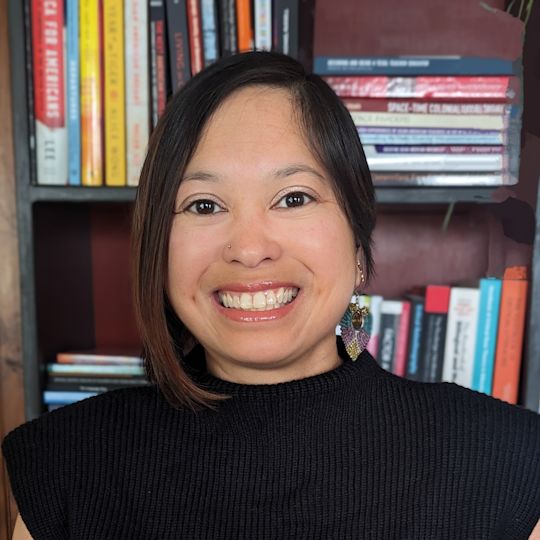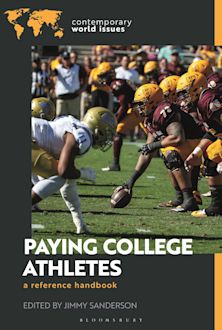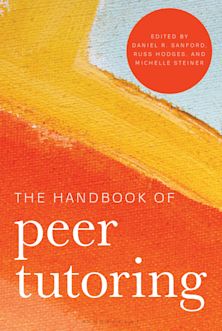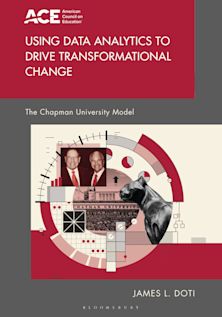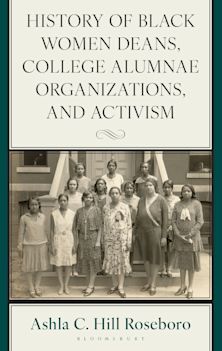Until Every Woman Is Free
Equity and Belonging in the Academy Through Duoethnography
Until Every Woman Is Free
Equity and Belonging in the Academy Through Duoethnography
Description
In this volume, women in academia use autoethnographic methods to document and unpack their experiences as women of color in the academy.
Many higher education institutions have made public-facing, explicit commitments to diversifying and retaining faculty of color, yet research continues to document how, even under these changes, the experiences of faculty-especially women-of color have changed minimally, if at all. Through the use of duoethnography and other autoethnographic methods, this edited collection highlights the voices of women of color in academia from a range of university settings, developmental career stages, and professional trajectories, providing a space for women of color to process their own experiences navigating, surviving, and thriving in white male-dominated academia. The contributors featured in this volume offer important insights into how institutions of higher education could better support women of color professors.
Table of Contents
Chapter 1: Creating Space to Be: Identity-Affirming Femtoring to Transform Academia, by Betina Hsieh and Alejandra Priede
Response to Chapter 1, by LaShawnda N. Fields and Dominique Horton
Chapter 2: Internalized Racism: Symptoms and Survival, by LaShawnda N. Fields and Dominique Horton
Response to Chapter 2, by Patricia A. Edwards
Chapter 3: Navigating U.S. Academia as Transnational Women from the Global South: A Duoethnographic Inquiry, by Ying Xiong and Suneeta Thomas
Response to Chapter 3, by Betina Hsieh and Alejandra Priede
Chapter 4: Weaving Collective Past, Present, and Future as SEAA Women in the Academy, by Jacqueline Mac, Malisa Lee, Phitsamay Uy, and Varaxy Yi
Response to Chapter 4, by Ying Xiong and Suneeta Thomas
Chapter 5: My Journey as a Black Woman Academic: Navigating and Thriving in Diverse Settings, by Patricia A. Edwards
Response to Chapter 5, by Pipier Smith-Mumford and Harriette Scott
Chapter 6: Not Your Accessory: Exploring Asian American Women Faculty's Invisibility in Academia, by Grace S. Kim and Yuki Okubo
Response to Chapter 6, by Diep Nguyen and Trish Morita-Mullaney
Chapter 7: Making a Home in Higher Education: Don't Forget Your Family, by Eleonora Villegas-Reimers and Stephanie Cox Suárez
Response to Chapter 7, by Trish Morita-Mullaney and Diep Nguyen
Chapter 8: The Hills We Climb and Getting There Whole: Recognizing Multiple Pathways to the Mountain Top and the Strategies to Call-in or Call-Out the WSC, by Pipier Smith-Mumford and Harriette Scott
Response to Chapter 8, by Roshaunda L. Breeden and Jemilia S. Davis
Chapter 9: The Lapdog Syndrome 2.0: Asian Women in Academic Servitude, by Trish Morita-Mullaney and Diep Nguyen
Response to Chapter 9, by Jacqueline Mac, Malisa Lee, Phitsamay Uy, and Varaxy Yi
Chapter 10: “They Did Not Imagine Us Here, but We're Thriving”: A Duoethnography of Black Women Centering Joy, Hope, and Optimism as Early Career Faculty, by Roshaunda L. Breeden and Jemilia S. Davis
Response to Chapter 10, by Stephanie Cox Suárez and Eleonora Villegas-Reimers
Conclusion: Even If It's Only for Us: Duoethnography as Iteration, Persistence and Existence, by Christina L. Dobbs and Christine Montecillo Leider
About the Contributors
Index
Product details

| Published | 27 Nov 2025 |
|---|---|
| Format | Ebook (PDF) |
| Edition | 1st |
| Extent | 286 |
| ISBN | 9798216265894 |
| Imprint | Bloomsbury Academic |
| Illustrations | 6 bw illus |
| Publisher | Bloomsbury Publishing |
Reviews

ONLINE RESOURCES
Bloomsbury Collections
This book is available on Bloomsbury Collections where your library has access.












